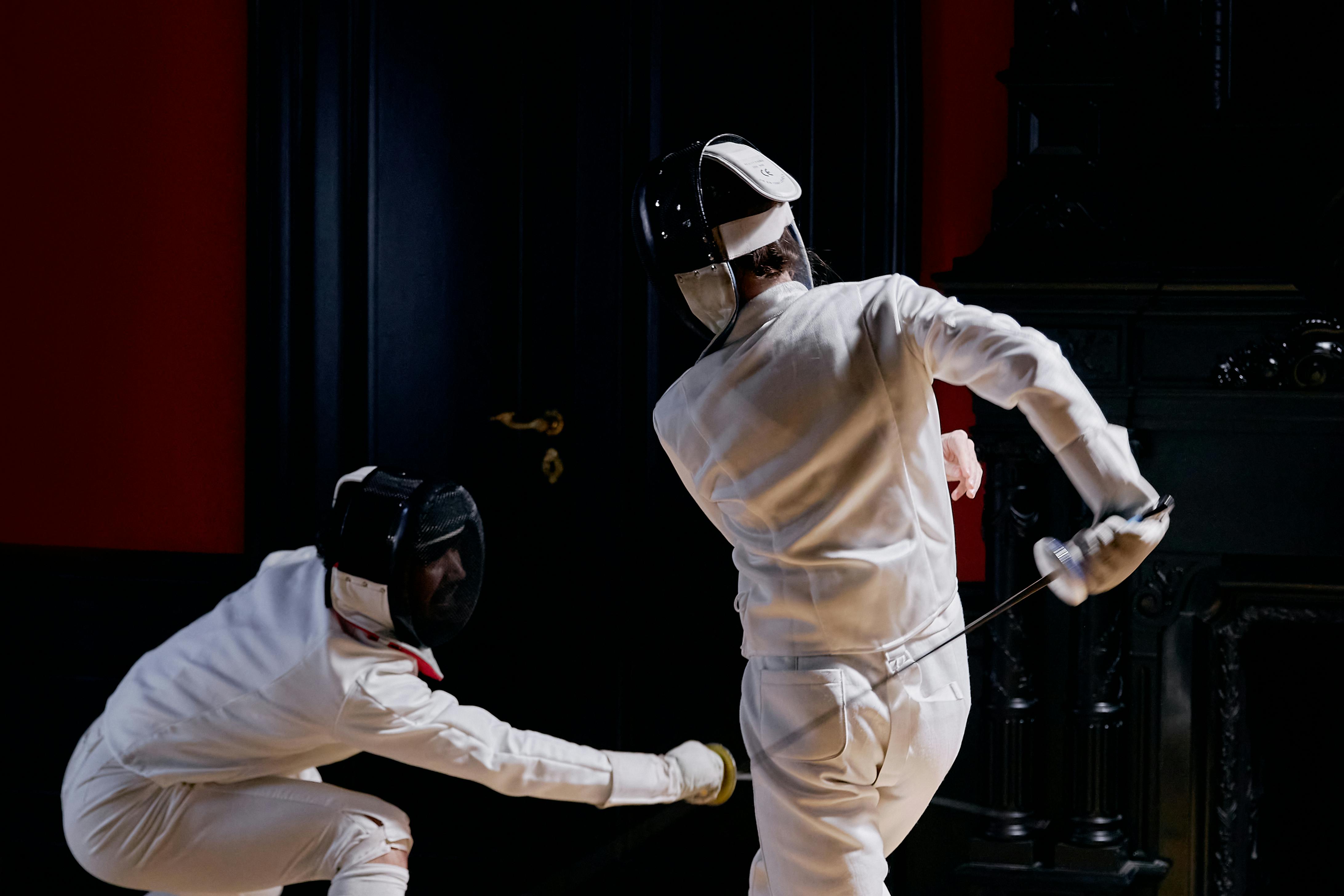If you want to experience how motivated athletes are with the deck of physical athletic cards stacked against them, then attend a Special Olympics Championship. Athletes participate because they can, want to, and excel in a multitude of different sports.
Ask any competitor, “Who won?”
They will answer: “We won.”
“Who had their best moment?”
“We did it.”
“Who is going to win next time?”
“We will do it.”
The inclination of your rational mind is to correct you and tell you otherwise, but you would be wrong.
Every athlete in any Special Olympics event not only thinks they’ve won, they know they’ve won.
And they are fine. They will not qualify to get there. Everyone wins in the experience because the Special Olympics organization, volunteers, and donors gave them the opportunity. Athletes came brave enough to run across the field, jump into the water, or balance on a beam. They competed with confidence, competence and focus to give their best among a few hundred of the best athletes in the state. They demonstrated class and sportsmanship beyond the normal perceived understanding of what is accepted and even encouraged on a professional major league field, court or track where championships are broadcast around the world.
The perfect sporting event occurred when the best, bravest and most positive athletes competed in a Special Olympics Championship. Realize that there are similarities between the Olympics and the Special Olympics. Competitors arrive excited, with extra gear and more coaches and team managers than weekend warriors. The differences are that Special Olympians leave behind their handicaps labeled biased limitations and other public prejudices to do their best down the line.
At the Olympics, athletes tend to bring up their limitations when they don’t live up to their own expectations.
One swimmer, 10-year-old Hayes, was disqualified in the 25-yard breaststroke event. He changed style after falling behind two 18-year-old competitors. Hayes was on the verge of tears because he thought her father was mad at her for disqualifying her. She didn’t want to swim in her next race either. I told him that the most important thing was to participate and have fun. She smiled in relief and went on to her next race and did her best to win.
These participants and coaches experience the same feelings as “normal” athletes who play sports through schools, clubs, and other sports associations. This includes the discipline of learning new skills, training, teamwork, and the real thrills of competitively measured competition. We all learn that the most important measures of the event are not time, distances or heights reached, but the number of smiles shown, fists raised, hugs given and sighs of relief that the special athlete accomplished something they weren’t sure about. at the start of the event. All participants are winners for their participation.
Volunteer at a local special recreational event. Donate time, money and, above all, love for the sport for the enjoyment of all.
Why did you volunteer in a Special Olympics competition or fundraiser? What did you learn from the athletes that you didn’t expect to experience? Did this help you approach future races differently?
